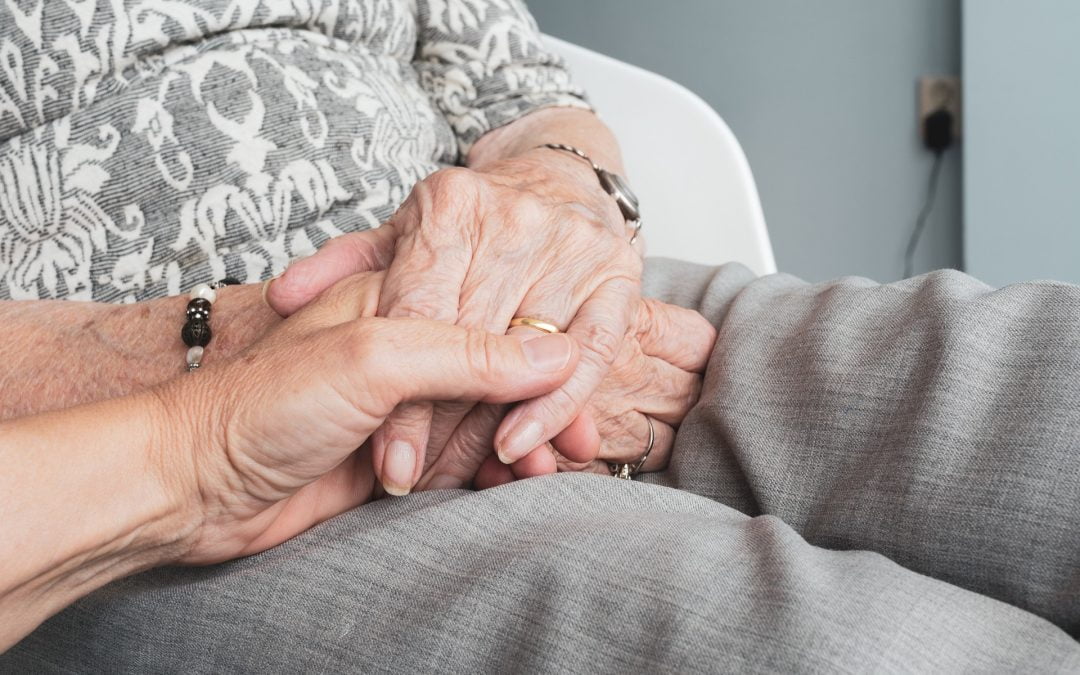Dementia first and foremost is not a disease, but a variety of symptoms that link together creating a condition most commonly for seniors over 65. Dementia can have an overwhelming impact on everyday life for both the patient and the surrounding family. Identifying symptoms early and getting the right care is crucial in the preventative process.
Common symptoms of Dementia
Common symptoms go beyond everyday forgetfulness. Confusion in commonplace situations is a major indicator of early onset Dementia (which can occur under the age of 65), as well as losing interest or the ability to concentrate on remedial tasks.
These behaviors then lead to repetition, which is a far more noticeable and concerning behavior. Repeating the same information, stories, or asking to clarify questions that were answered previously. It’s difficult to know where to turn when these instances occur, but it’s even more important to handle them straight on.
Is the patient aware of their condition?
The short answer is no. This is one of the most difficult processes to understand for the accompanying family. Lacking of understanding for the patient is extremely common, which can easily lead to short tempered discussions and difficulty communicating.
This is why patience is essential to be maintained throughout the process, avoiding hurting the patient’s mental state as well as the rest of the family’s.
I believe my loved one has Dementia, what are the next steps?
The next step is to find a time for a consultation with a professional, and allowing them to identify whether or not Dementia has set in. If it has, you then must seek treatment that fits your situation best.
If time commitments are a struggle for you, then having the needs of the patient attended to by a professional is likely necessary. Luckily, in the earlier stages, preventative precautions can be taken to avoid more serious symptoms.
Contact us today and receive more information on what you can be doing to assist your loved ones in their at-home care, health development for the future, and preventative precautions for early-onset Dementia.


Recent Comments